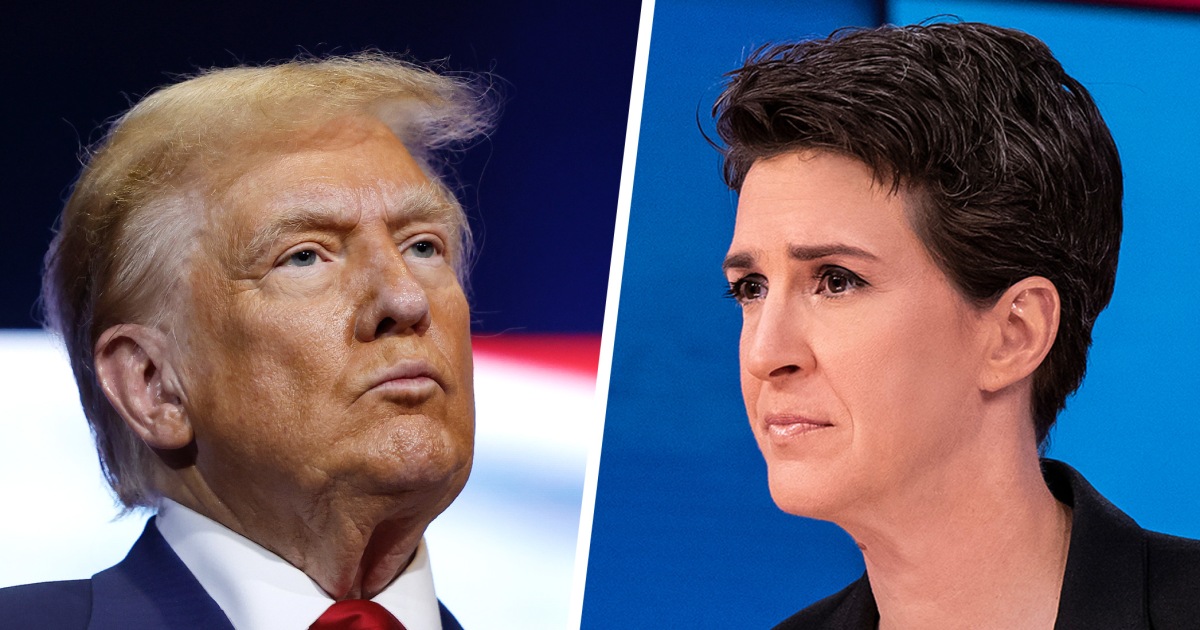Trump's Unpopular Agenda Sparks GOP Protests: A Deep Dive into the Growing Rift
Introduction: The Republican party is facing an unprecedented internal struggle. Donald Trump's increasingly controversial agenda is igniting fierce protests and dissent within the GOP, raising questions about the party's future and its ability to remain a cohesive political force. This article delves into the key issues fueling the unrest, examines the different factions within the party, and analyzes the potential long-term consequences of this growing rift.
The Core Issues Fueling the Protests
Several key policy positions and actions by Trump and his allies have become major flashpoints for discontent within the GOP. These include:
-
Election Denial and Attacks on Democracy: Trump's persistent claims of a stolen 2020 election and his continued efforts to undermine democratic institutions have alienated many within the party who value the integrity of the electoral process. This issue has become a central battleground, with moderate Republicans openly criticizing Trump's rhetoric and actions.
-
Extreme Social Conservatism: Trump's embrace of increasingly extreme social conservative positions, particularly on issues like abortion and LGBTQ+ rights, has pushed away some more moderate and libertarian-leaning Republicans who find these views out of step with the broader electorate.
-
Fiscal Irresponsibility and Economic Policies: Concerns about Trump's fiscal policies, including massive tax cuts and increased government spending, have raised eyebrows among fiscally conservative Republicans. The perceived lack of economic responsibility has fueled criticism from within the party.
-
Foreign Policy and International Relations: Trump's "America First" approach to foreign policy, marked by isolationist tendencies and strained relationships with traditional allies, has also drawn significant criticism from within the GOP, particularly from those who prioritize international cooperation and strong alliances.
The Factions Within the GOP
The Republican party is currently fractured into several distinct factions, each with its own views on Trump's agenda:
-
Trump Loyalists: This core group remains fiercely supportive of Trump, regardless of his actions or policies. They tend to prioritize loyalty to the former president above all else.
-
Moderate Republicans: This faction is increasingly vocal in its criticism of Trump's policies and rhetoric. They often prioritize traditional conservative principles and a more moderate approach to governance.
-
Never Trump Republicans: This group actively opposed Trump from the beginning and remains staunchly opposed to his influence within the party. They are pushing for a clear break from Trumpism.
The Consequences of the Growing Rift
The ongoing internal conflict within the GOP has several potential long-term consequences:
-
Weakened Electoral Prospects: The deep divisions within the party could hurt its ability to win elections, as it struggles to present a unified front to voters.
-
Erosion of Party Unity: The ongoing protests and disagreements could lead to a further fragmentation of the Republican party, potentially resulting in the emergence of new factions or even a complete realignment.
-
Shift in the Political Landscape: The internal struggle could reshape the political landscape, potentially creating opportunities for other political parties to gain ground.
Looking Ahead: What's Next for the GOP?
The future of the Republican party is uncertain. The current internal strife could lead to a period of significant change and realignment. The outcome will depend on several factors, including the continued influence of Donald Trump, the ability of moderate Republicans to gain ground, and the willingness of the party to address the underlying issues fueling the discontent. The upcoming elections will serve as a crucial test of the party's ability to overcome its internal divisions and present a cohesive message to voters. The situation is rapidly evolving, and the coming months will undoubtedly bring further developments.
(Note: This article is for informational purposes and does not endorse any particular political viewpoint.) For further in-depth analysis, you may wish to consult reputable news sources and political analysis websites. Stay informed and engage in constructive dialogue to better understand the complexities of this ongoing political situation.
